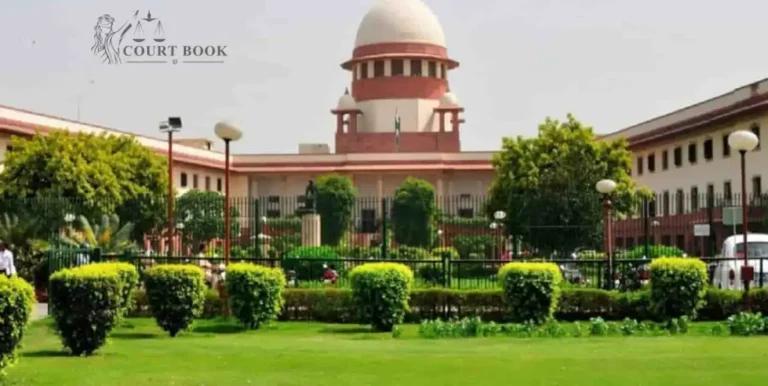The Supreme Court recently overruled a condition imposed by the Patna High Court in an anticipatory bail order that mandated the accused be arrested upon the filing of the charge-sheet. The apex court observed that such a condition was unwarranted and emphasized that the trial court should have the discretion to decide on coercive measures based on case facts rather than a blanket directive.
A bench comprising Justices Ahsanuddin Amanullah and Prashant Kumar Mishra ruled that the High Court should have left it open for the trial court to determine the need for coercive action after the charge-sheet was submitted.
Judicial Observation:
"The learned counsel for the petitioner is correct that there could not have been a specific direction that upon submission of charge-sheet, the Court shall take all coercive steps to ensure that the petitioner is behind bars. The Court could have just left it open for the trial court to consider the matter upon the petitioner appearing and then taking a call without there being any mandamus issued to take him into custody."
Read Also:- Supreme Court Restores Conviction in Child Rape Case After 38 Years, Criticizes High Court's Acquittal
The Patna High Court's order stated:
"It is further made clear that if charge-sheet is submitted against the petitioner connecting him with the offence in that event the present anticipatory bail order shall lose its effect and the learned trial court shall take all coercive steps to ensure that petitioner is behind bars."
This directive essentially nullified the anticipatory bail granted earlier and ensured that the accused would be taken into custody upon the charge-sheet's submission. The Supreme Court found this condition inappropriate and revised it to allow judicial discretion at the trial court level.
Without substantially interfering in the High Court’s order, the Supreme Court modified the contentious paragraph. It ruled that since the charge-sheet had been submitted, the petitioner must appear before the trial court, which would decide on bail based on available materials without being influenced by the High Court’s order.
Read Also:- Supreme Court: Unauthorized High Court Benches Cannot Assume Jurisdiction
The Court further ordered:
"The petitioner shall appear before the Court concerned within a period of three weeks from today. Till then, the interim protection granted earlier by this Court by order dated 25.11.2024 shall continue."
This ruling clarifies that while courts may impose reasonable bail conditions, they must avoid blanket directives that undermine judicial discretion. The Supreme Court's stance reinforces that each case should be considered based on its merits, preventing automatic arrests upon charge-sheet submissions unless necessary.
Case Title: Ritesh Kumar vs. The State of Bihar
- Petitioner’s Counsel: Mr. Kumar Parimal, Adv., Mr. Smarhar Singh, AOR
- Respondent’s Counsel: Mr. Anshul Narayan, Addl. Standing Counsel, Adv., Mr. Prem Prakash, AOR, Mr. Amit Pratap Shaunak, Adv.















